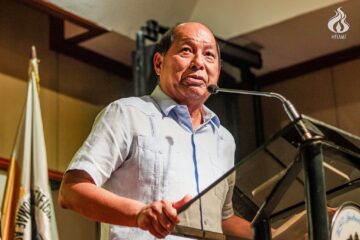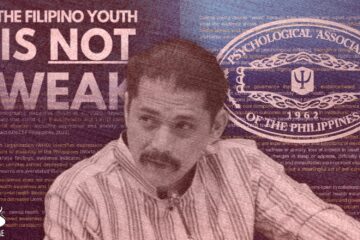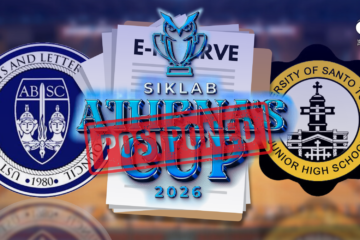
AN AMENDED version of the anti-hazing law, which now bans all forms of hazing, was signed by President Rodrigo Duterte on June 29 after an almost year-long debacle following the death of University of Santo Tomas Civil Law freshman Horacio Castillo III.
Republic Act (R.A.) 11053 or the Anti-Hazing Act of 2018 prohibits “all forms of hazing […] in fraternities, sororities, and organizations in schools including citizens’ military training and citizens’ army training.”
The new law nullifies any waiver signed by the victim prior to the initiation rite, adding that “the defense that the recruit, neophyte, or applicant consented to being subjected to hazing shall not be available to persons prosecuted under this Act.”
In addition, the new law imposes harsher penalties on violators such as life imprisonment and a 3,000,000-peso fine on those who planned and participated in any hazing resulting in death, dismemberment or sexual violation.
R.A. 11053 also orders the suspension of the license of any violator who is part of the Philippine Bar or any other profession subject to the Philippine Regulatory Commission.
Castillo, a Political Science alumnus, died of severe blunt trauma injuries on Sept. 17 last year after undergoing the initiation rites of the Aegis Juris fraternity in Manila.
Aegis Juris president Arvin Balag and members Ralph Trangia, Oliver John Audrey Onofre, Mhin Wei Chan, Danielle Hans Matthew Rodrigo, Joshua Joriel Macabali, Axel Munro Hipe, Marcelino Bagtang, Jose Miguel Salamat and Robin Ramos were indicted for violating the previous anti-hazing law on March 8 after a Senate investigation.
They are currently facing life imprisonment at the Manila City Jail after being moved from the custody of the National Bureau of Investigation.
The Anti-Hazing Act of 2018 was authored by Senators Gregorio Honasan, Sherwin Gatchalian, Loren Legarda, Juan Miguel Zubiri, Paulo Benigno Aquino IV and Panfilo Lacson. F – with reports from ANGEL B. DUKHA III



